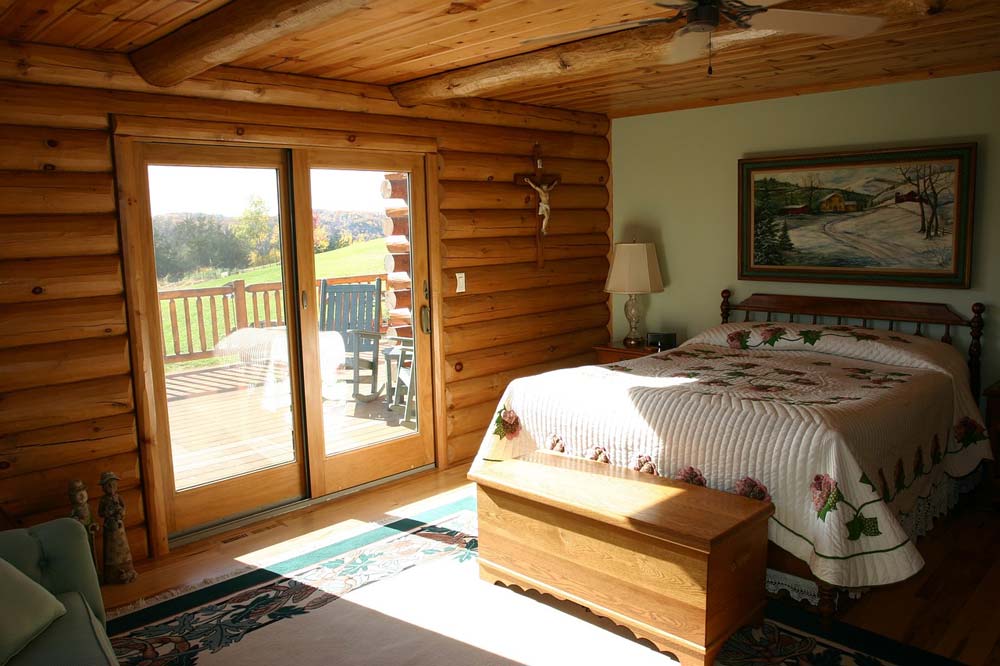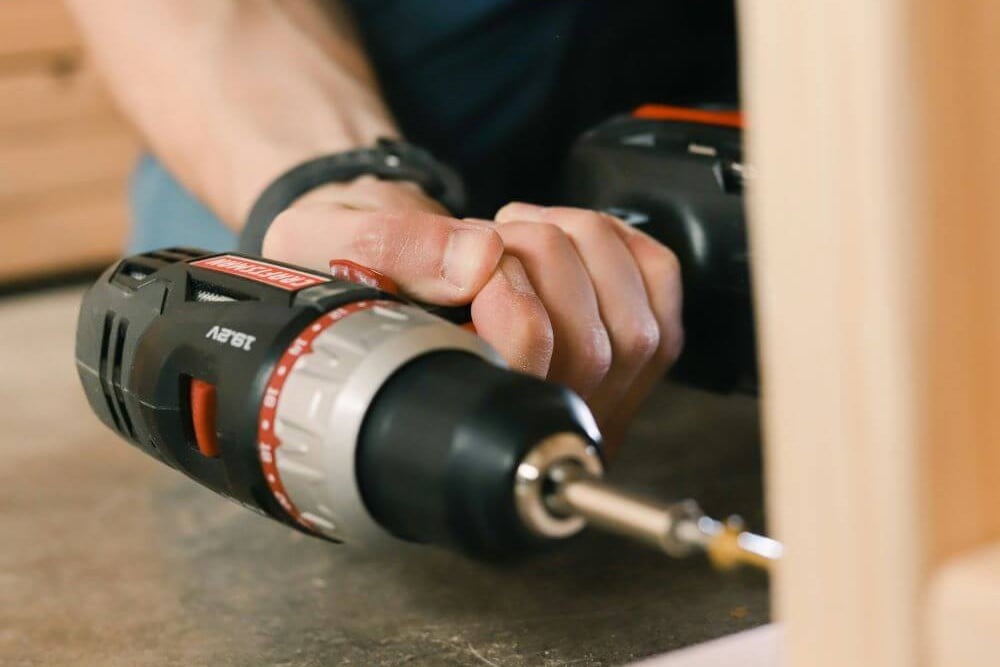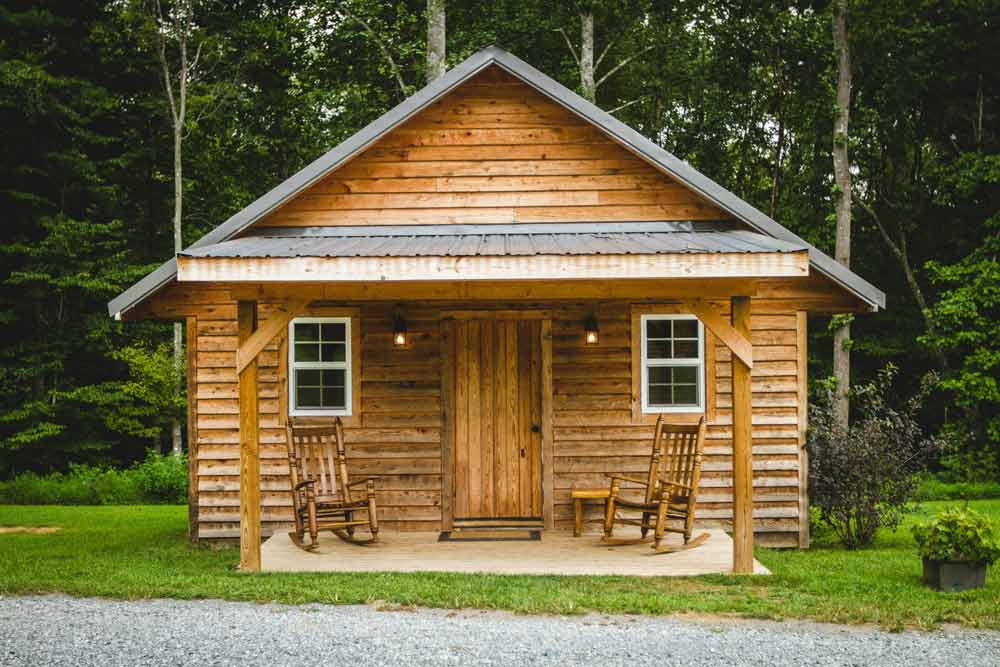Living in a small family house can present unique challenges and stressors, ranging from lacking personal space to the heightened noise levels of close-quarters living. These challenges can impact mental health, relationships, and overall well-being. However, several strategies and adjustments can reduce these stressors and make living in a small space more manageable and enjoyable.
Challenges of Small Space Living
- Noise and Privacy: Small homes often mean that every sound is amplified, and privacy is hard to come by. This constant proximity can strain relationships and individual mental health.
- Clutter and Organisation: Limited space can quickly become cluttered, making the living area less functional and increasing stress and anxiety.
- Mental Health Concerns: Studies have shown that crowding and lack of personal space can contribute to poor mental health, including stress, anxiety, and depression.
Strategies to Reduce Stress in Small Family Homes
- Maximise Outdoor Time: Including the outdoors as part of your living space can instantly expand your perspective and reduce feelings of confinement. Regular walks, outdoor activities, and making use of public spaces can provide a necessary break from the confines of a small home. Use your garden to expand your living space with an inexpensive garden room.
- Create Personal Spaces: Even in a small home, it's important to designate areas for individual use, whether a quiet corner for reading or a workspace, which helps provide a sense of privacy and personal space.
- Invest in Noise-Reducing Solutions: Noise-canceling headphones or soundproofing materials can help mitigate the stress of constant noise, making it easier to concentrate and enjoy peace within the home.
- Declutter Regularly: A clutter-free home feels more spacious and reduces the stress associated with disorganisation. Regularly sorting through belongings and keeping what is necessary can make a significant difference.
- Optimise Storage: Innovative storage solutions that use vertical space, hidden compartments, and multi-functional furniture can help keep the home organised and free from clutter.
- Cultivate Patience and Flexibility: Accepting the challenges of small-space living and adopting a more forgiving and flexible mindset can reduce interpersonal tensions and improve overall household harmony.
Health Implications of Crowding
Research has linked crowded living conditions to health issues, including increased risk of respiratory diseases, gastroenteritis, and other infectious diseases. Living in cramped conditions can exacerbate these health risks, highlighting the importance of managing living conditions to safeguard family health.
Mental health is significantly increased by crowded living conditions, with studies finding associations between household crowding and psychological distress, alcohol abuse, and feelings of depression. This underscores the importance of creating a living environment that supports mental well-being, even within the constraints of small living spaces.
Conclusion
While living in a small family house comes with challenges, numerous strategies can help manage and reduce the stress associated with such living conditions. By making thoughtful adjustments to how space is used, prioritising decluttering and organisation, and being mindful of our and other family members' mental and physical health implications of crowded living, families can create a harmonious and healthy living environment in even the smallest of homes.
If you want a chat and some impartial free advice about how an outdoor garden room could alleviate your situation, please get in touch with [email protected] and book a time with one of our experts. We won't charge a penny for the consolidation.











